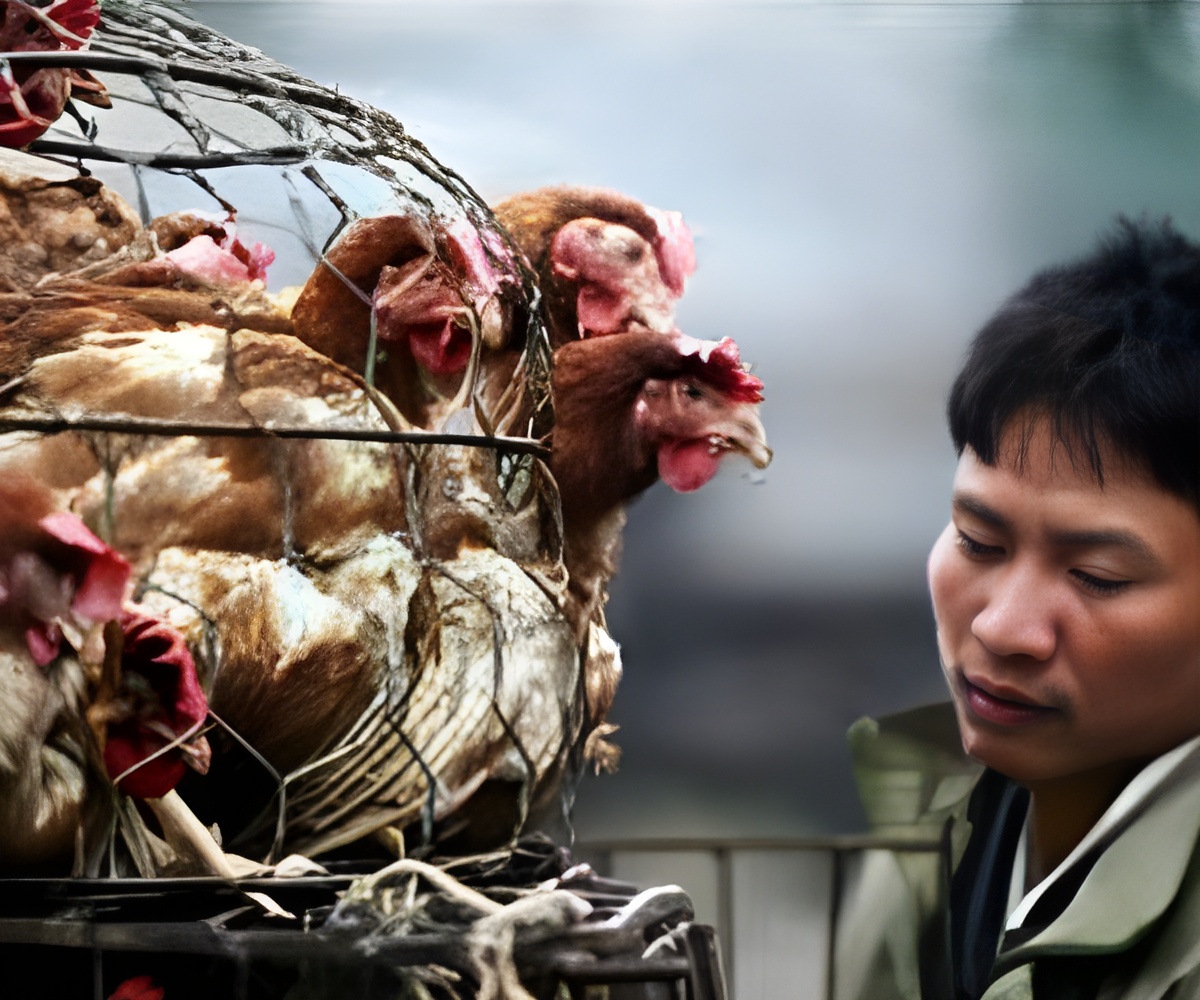South Korea is carrying out epidemiological investigations in the affected farms to determine whether the detected H5 strain was highly pathogenic.

‘H5N1 is a highly pathogenic avian influenza (HPAI) virus. It's deadly to most birds. And it's deadly to humans and to other mammals that catch the virus from birds.’





The results were expected to come in by Tuesday, Yonhap news agency reported. Prime Minister Lee Nak-yon urged the Ministry to use all available resources to prevent the spread of the virus, such as implementing a ban on moving livestock between places and disinfecting farms. Meanwhile, the Agriculture Ministry has advised people to refrain from visiting the poultry farms or wild bird sanctuaries in the area, Efe news reported.
The country has witnessed several such outbreaks since last year, including one that led to the culling of over 33 million birds last November, making it the most extensive containment effort ever carried out in South Korea.
The mass culling caused a shortage of eggs in the Asian nation, which forced it to import around 25 million of them from the US and Spain.
Source-IANS








